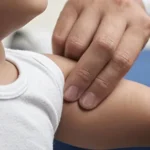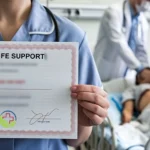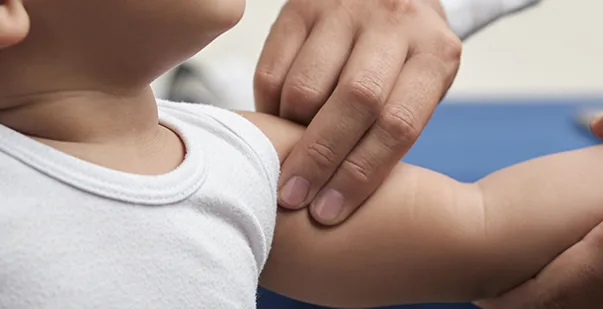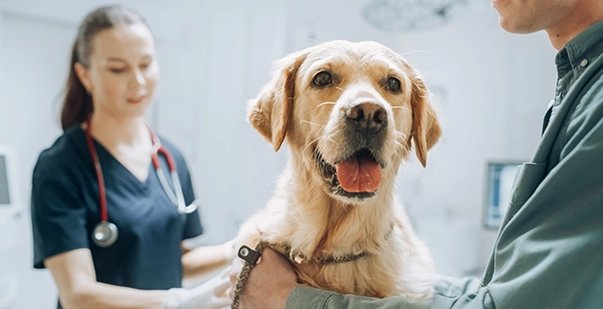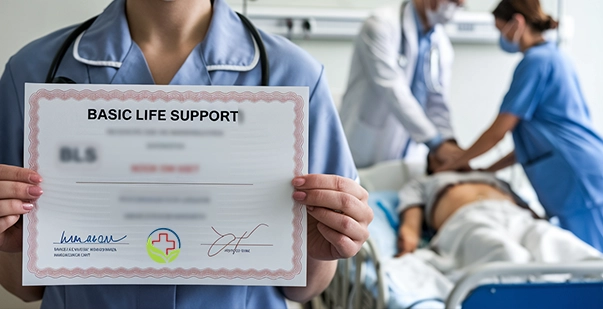In case you still do not know, unconsciousness occurs when a person’s ability to get an awareness of themselves and the environment is gone. Normally, when a person is unconscious, they are unresponsive. This normally lasts for a few seconds or it could be longer. As someone with a CPR AED certification, you should know what to do in case you happen to be in an emergency situation involving an unconscious victim.
Many people, even those that are trained with CPR and first aid, can panic and go on a mental block when they are dealing with an unconscious victim. To help you, here are some tips that you need to keep in mind so you do not go into panic mode when treating an unconscious person for first aid.
Check the Environment for Danger and Hazards in an Emergency Situation
Just like a normal first aid action, the first thing that you need to do is to ensure that the environment is safe for both you and the victim. You have to observe for hazards in the form of traffic, animals, electricity, water, and even bystanders.
Always remember to make sure you are safe because if you are not and you become an additional casualty, you will only be aggravating the situation.
Check for Any Response or Signs of Life
Generally, a response can be established just by simply shouting at the victim or shaking the shoulders. If the victim is not moving, you can go near and put yourself within their line of sight. There are cases in which they are semi-conscious and they can still hear you but not being able to respond.
When this happens, you have to be calm and you have to tell them who you are and that you are doing everything you can to help them. You should not show them that you are panicking because you may just lead the victim to panic and it will only aggravate the shock.
Opening the Victim’s Airway in an Emergency Situation
The next step you need to do is to ensure that the victim’s airway is free of any obstruction. Clearing the airway is as simple as tilting the victim’s head backward by putting two fingers on their chin and slightly pushing down their forehead with your other hand.
However, you have to be careful in doing this, especially when the accident may possibly have the victim sustain spine or neck injuries.
Check for Breathing
Next, you want to make sure that the victim is still breathing. You can do this by putting your ear near to their mouth while facing their chest. This is the best position as you can simultaneously hear air passing by their nose or mouth and look at chest movements.
Ensure Proper Circulation
When you have confirmed that the victim is not breathing, you have to call for medical help immediately. If the situation is a little urgent, ask someone to do the call while you go and give the victim chest compressions. You have to practice what you learned in your training to get a CPR AED certification and maintain chest compressions until the victim starts to breathe again or until medical professionals arrive.
Learn more about the benefits of CPR classes today!

